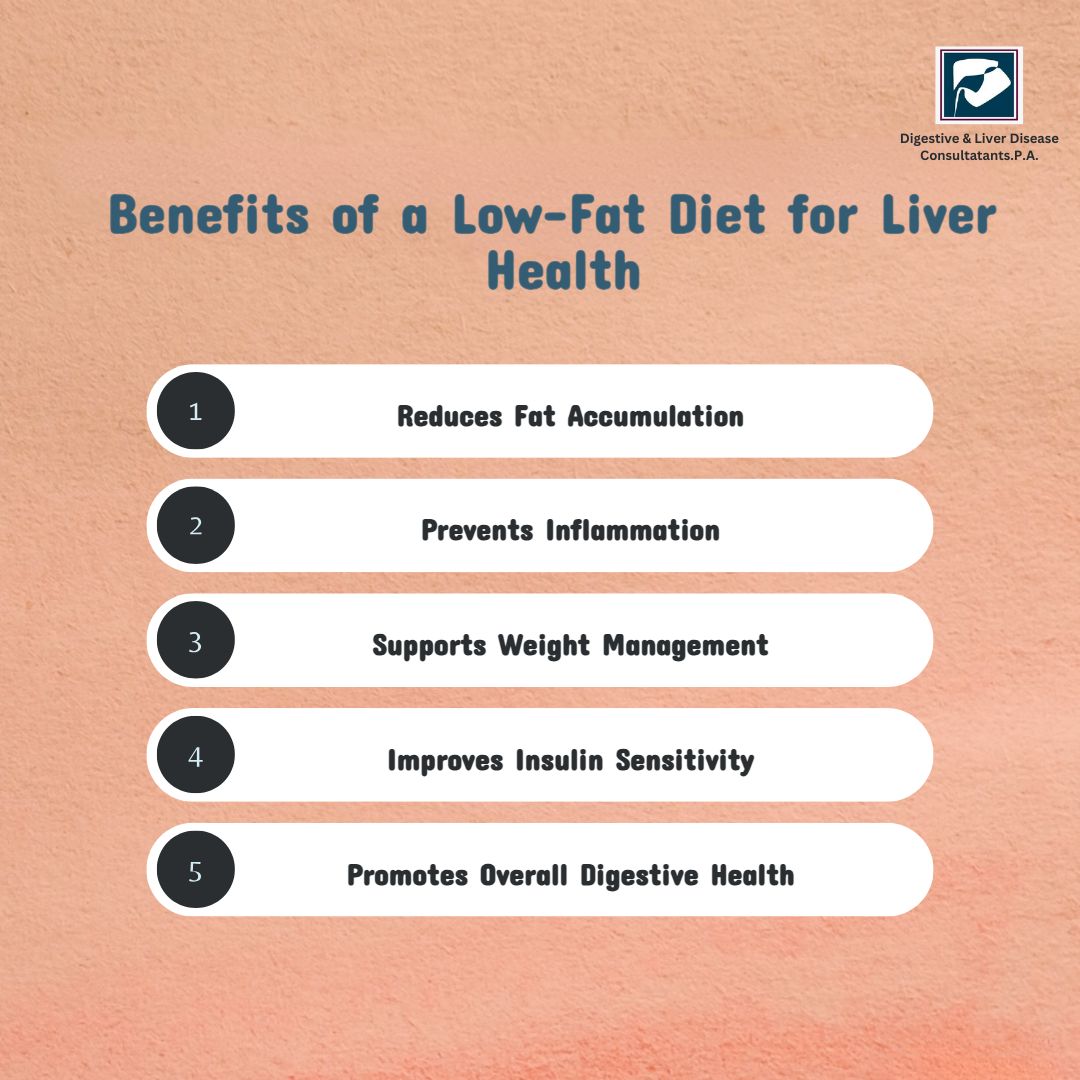The liver is a vital organ that works hard to keep your body healthy. It plays a crucial role in filtering toxins, breaking down fats, and metabolizing nutrients. However, an unhealthy diet, especially one high in fat, can overburden your liver and lead to serious health issues. That’s why adopting a low-fat diet is often recommended to protect and support your liver. Let’s dive into how a low-fat diet benefits your liver and what steps you can take to maintain optimal liver health.
Why Does Fat Matter for Liver Health?
The liver processes and stores fat from the foods we eat. While some fat is necessary for energy and cellular functions, excessive amounts can cause problems. When the liver stores too much fat, it can lead to conditions like nonalcoholic fatty liver disease (NAFLD).
NAFLD occurs when fat builds up in liver cells without the influence of alcohol. It is a leading cause of liver damage and affects millions of people worldwide. Left untreated, NAFLD can progress to more severe conditions like inflammation (nonalcoholic steatohepatitis or NASH), fibrosis, or even liver cirrhosis.
Benefits of a Low-Fat Diet for Liver Health
Reduces Fat Accumulation
A low-fat diet helps limit the amount of fat entering your liver. This reduces the risk of fat buildup, making it easier for the liver to function properly. Choosing healthier fats, like those found in avocados, nuts, and olive oil, also supports better fat metabolism.
Prevents Inflammation
High-fat diets are associated with increased liver inflammation, a key factor in conditions like NASH. By reducing saturated and trans fats, you minimize the risk of inflammation, helping your liver stay healthy.
Supports Weight Management
Excess body weight is a major risk factor for NAFLD. A low-fat diet, combined with regular exercise, can help you maintain a healthy weight. Losing even 5-10% of your body weight can significantly improve liver function and reduce fat deposits.

Improves Insulin Sensitivity
Poor liver health is often linked to insulin resistance, a condition where your body struggles to regulate blood sugar. A low-fat diet that focuses on whole grains, lean proteins, and fresh produce can improve insulin sensitivity, reducing stress on your liver.
Promotes Overall Digestive Health
Your liver doesn’t work alone—it’s part of your digestive system. A low-fat diet often includes fibre-rich foods like fruits, vegetables, and whole grains, which aid digestion and support liver detoxification processes.
Practical Tips for a Low-Fat Diet
Adopting a low-fat diet doesn’t mean you have to compromise on flavour or satisfaction. Here are some simple tips:
Choose Healthy Fats: Replace saturated and trans fats with unsaturated fats. Opt for olive oil, nuts, seeds, and fatty fish like salmon.
Go Lean: Choose lean cuts of meat and poultry. Remove visible fat and skin before cooking.
Watch Portion Sizes: Even healthy fats can add up quickly. Pay attention to portion sizes to avoid overeating.
Cook Smarter: Use healthier cooking methods like grilling, steaming, baking, or sautéing with minimal oil.
Read Labels: Processed foods often contain hidden fats. Check nutrition labels to avoid high-fat options.
Embrace Whole Foods: Focus on fresh, unprocessed foods like vegetables, fruits, legumes, and whole grains.
Why Choose Digestive & Liver Disease Consultants, P.A.?
At Digestive & Liver Disease Consultants, P.A., we understand how important your liver health is to your overall well-being. Our experienced team specializes in diagnosing and treating a wide range of liver conditions, including NAFLD, hepatitis, and cirrhosis. We are dedicated to providing personalized care, and helping you make dietary and lifestyle changes that promote a healthier liver.
We believe in empowering our patients with the knowledge and tools they need to take control of their health. Our state-of-the-art facilities and compassionate approach ensure you receive the best care possible. Whether you need a thorough evaluation or ongoing management of a liver condition, we are here to support you every step of the way.
Conclusion
Your liver works tirelessly to keep you healthy, and adopting a low-fat diet is one of the best ways to show it some love. By reducing fat intake, you can prevent liver diseases, improve your overall health, and boost your energy levels. Remember, small changes to your diet can have a big impact over time.
If you’re experiencing symptoms like fatigue, abdominal discomfort, or unexplained weight gain, don’t ignore them. At Digestive & Liver Disease Consultants, P.A., we’re here to help you understand and improve your liver health.






